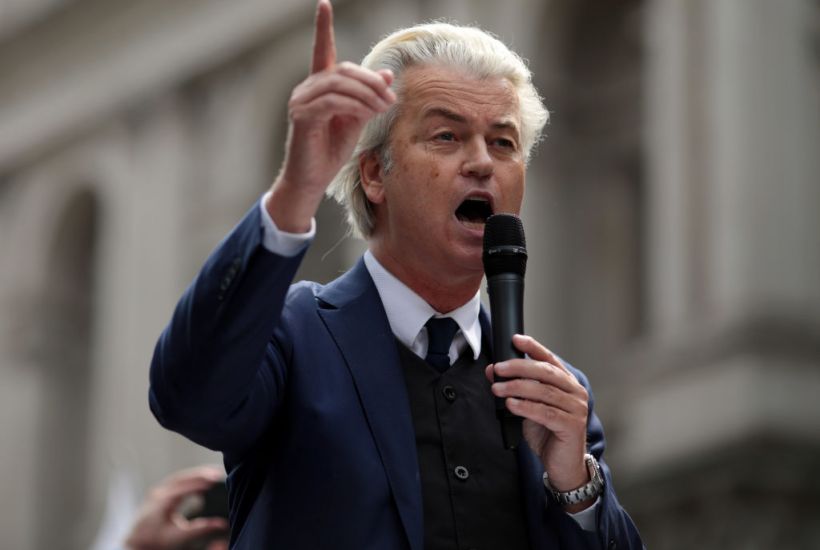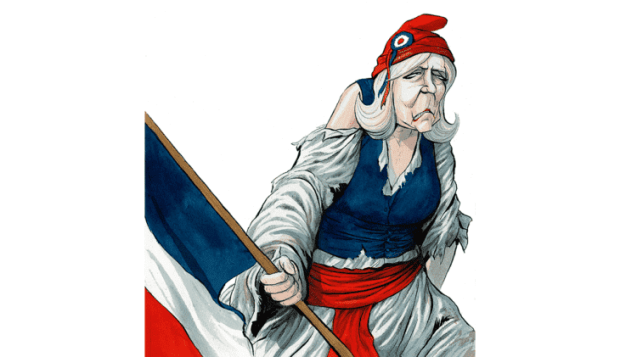On the same day that the Dutch went to the polls my teenage daughter went to Strasbourg on a school trip. Once in the EU parliament she and her classmates were given a guided tour by a French MEP; she was charming, by all account, a member of the Progressive Alliance of Socialists and Democrats.
Already a subscriber? Log in
Subscribe for just $2 a week
Try a month of The Spectator Australia absolutely free and without commitment. Not only that but – if you choose to continue – you’ll pay just $2 a week for your first year.
- Unlimited access to spectator.com.au and app
- The weekly edition on the Spectator Australia app
- Spectator podcasts and newsletters
- Full access to spectator.co.uk
Or





















Comments
Don't miss out
Join the conversation with other Spectator Australia readers. Subscribe to leave a comment.
SUBSCRIBEAlready a subscriber? Log in